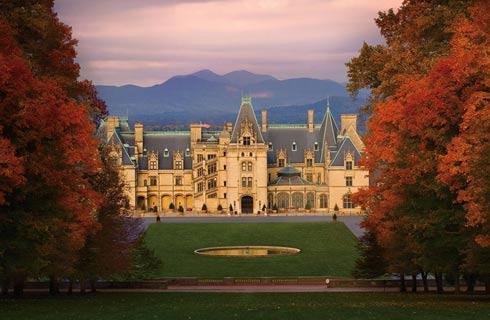Intermediate Technical Certificate in Energy Systems Industrial Maintenance Mechanic

学历文凭
Advanced Certificate

专业院系
机械工业

开学时间

课程时长

课程学费

国际学生入学条件
Freshman applicants must submit official secondary school mark sheets and diploma. Mailed documents must be originals or copies certified by the school principal or controller of examinations and sealed in a school envelope. Documents not in English must be translated by a certified translator. Official transcripts are also accepted by email if sent directly from the school principal or registrar. Students who do not meet minimum English proficiency requirements may apply for conditional admission, during which time they will need to be enrolled in an intensive English program, such as ISU’s IEI program, in preparation for full-time academic study at ISU. Have graduated from a high school or secondary school with satisfactory grades, received a diploma or certificate of graduation, and be eligible for admission to a major university in the country from which they graduated. Students are required to earn a grade of C- (1.7) or better in each ESET, INST, or CYBR prefixed course, a cumulative 2.0 Grade Point Average (GPA) to advance each semester, and an overall 2.0 GPA to earn an ESTEC degree or certificate
IDP—雅思考试联合主办方

雅思考试总分
5.5
了解更多
- 雅思总分:5.5
- 托福网考总分:61
- 托福笔试总分:500
- 其他语言考试:Duolingo – 85
CRICOS代码:
申请截止日期:请 与IDP联系 以获取详细信息。
课程简介
Mechanical Engineering Technicians (MET) work with the mechanical and rotating equipment used in the generation of electrical power and within industrial plants such as compressors, pumps, hydraulic equipment, and steam boilers. They collaborate with engineers and scientists to design, develop, test, install, and maintain power generation machinery, mechanical parts, and other equipment. Mechanical engineering technicians fill the gap between the tasks performed by engineers, technologists, and scientists and those performed by craftsmen. Describe and conduct safe work practices in laboratory and industrial environments. Identify and apply societal and regulatory codes and standards. Select appropriate test equipment to troubleshoot and analyze mechanical systems and electrical, electronic, and motor control related circuits. Describe fundamental mechanical principles, fluid mechanics, thermodynamics, material science, and equipment design.
相关申请

预科

奖学金

实习机会

在校学习

跨境学习

校园授课-线上开始

在线/远程学习
本校相关课程
应用科学学士

学历文凭
Bachelor Degree
下一个开始日期
课程费用总额
消防管理理学学士

学历文凭
Bachelor Degree
下一个开始日期
课程费用总额
Bachelor of Science in Health Science

学历文凭
Bachelor Degree
下一个开始日期
课程费用总额
Bachelor of Science in Health Physics

学历文凭
Bachelor Degree
下一个开始日期
课程费用总额
护理科学学士-传统

学历文凭
Bachelor Degree
下一个开始日期
课程费用总额
Bachelor of Science in Dental Hygiene

学历文凭
Bachelor Degree
下一个开始日期
课程费用总额
其他相关课程
机械和机电工程学博士学位

滑铁卢大学
泰晤士高等教育世界大学排名:

学历文凭
Ph.D.
下一个开始日期
课程费用总额
机电工程应用科学学士学位

滑铁卢大学
泰晤士高等教育世界大学排名:

学历文凭
Bachelor Degree
下一个开始日期
课程费用总额
机械工程应用科学学士学位

滑铁卢大学
泰晤士高等教育世界大学排名:

学历文凭
Bachelor Degree
下一个开始日期
课程费用总额
机械与工业工程哲学博士

多伦多都会大学
泰晤士高等教育世界大学排名:

学历文凭
Ph.D.
下一个开始日期
课程费用总额
机械与工业工程学硕士

多伦多都会大学
泰晤士高等教育世界大学排名:

学历文凭
Masters Degree
下一个开始日期
课程费用总额
机械和工业工程应用科学硕士

多伦多都会大学
泰晤士高等教育世界大学排名:

学历文凭
Masters Degree
下一个开始日期
课程费用总额





